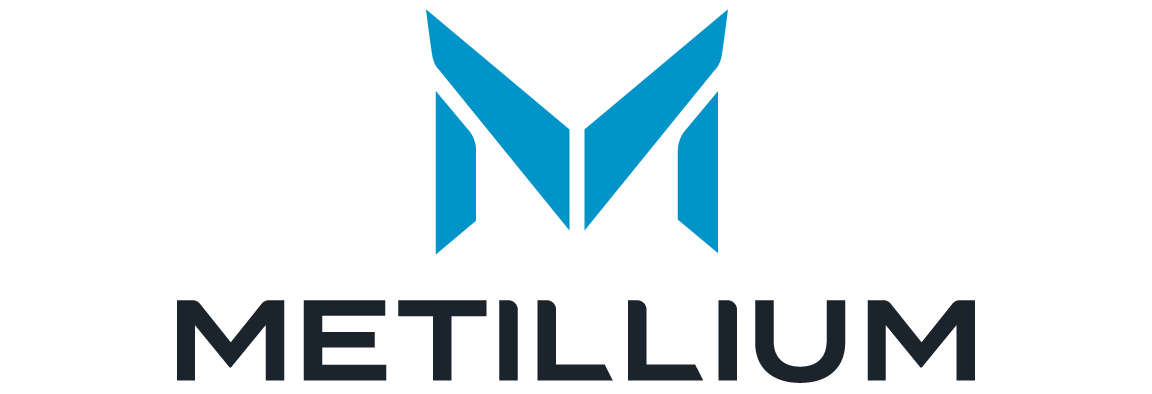This is a guest post by Mason Frank, a leading Salesforce recruiting company. I’ve worked with them and they are pretty good.
The key findings from Mason Frank’s independent Salesforce Salary Survey
Salesforce is a growing technology that shows no signs of slowing down. In turn, the ecosystem that exists around the platform is constantly evolving to facilitate the high demand for Salesforce in businesses around the world.
As a Salesforce professional, it’s important to know what your work is worth and the direction in which your focus product is heading, so you can make informed career decisions and maximize your earning potential.
The Mason Frank Salary Survey is the largest annual independent study of the Salesforce ecosystem, and can be an invaluable resource for Salesforce professionals, partners, and customers looking to learn more about the working culture of the technology. It also includes a breakdown of salaries by role and experience level, so you can get an accurate benchmark of what you should be earning regardless of the stage of career you’re currently at.
Here is a selection of findings from the 2018/19 survey report:
The most in-demand Salesforce products
Salesforce is ultimately a sales optimization platform, so it may come as no surprise to learn the most popular standalone Salesforce solution is still Sales Cloud. Of all respondents to Mason Frank’s salary survey, 82% reported proficiency in Sales Cloud, which is huge when compared with Service Cloud (63%), Community Cloud (44%), and Marketing Cloud (31%).
What’s more, Sales Cloud shows no signs of dropping off, as 52% of respondents indicated that Sales Cloud was the most in-demand product from customers over the last 12 months. Despite fewer professionals reporting proficiency in Marketing Cloud than any other major Salesforce product, it is predicted to be the most in-demand product over the next 12 months. With Salesforce’s recent acquisition of Mulesoft, it will now be easier than ever to harness customer data across integrated Salesforce products, which may explain why Marketing Cloud is anticipated to be so in demand.
Where are Salesforce professionals employed?
One of the best things about Salesforce being primarily a cloud-based system is that it’s often easy for professionals to work remotely. Surprisingly, 89% of survey respondents were employed permanently. Of those who worked on a contract basis, 79% would consider becoming permanent if the right position came along, with the top reason for moving to a permanent role being financial (benefits and/or salary).
The demand for Salesforce technology in small-to-medium businesses continues to grow, and it’s no surprise to see that 50% of all respondents to Mason Frank’s salary survey work for a Salesforce customer, as organizations generally prefer to have an in-house CRM manager or developer instead of contracting out the work. Of the remaining respondents, 41% work for a Salesforce Partner.
How experienced is the average Salesforce professional?
Very few businesses will settle for an out-of-the-box Salesforce solution, and so experienced Salesforce professionals capable of implementing and developing a CRM are in high demand. Most professionals working in the ecosystem have between zero and six years of experience using the technology, with 37% of respondents having 0–3 years’ or 4–6 years of experience respectively. Only 6% of respondents have over 10 years of maturity on the Salesforce platform, which explains why good experience is so valuable.
Salesforce is a technology that champions its certification structure, and Mason Frank’s study found that 77% of respondents hold at least one certification. The most popular certification is the Salesforce Certified Administrator credential, while just 6% were a Marketing Cloud Certified Email Specialist.
If you aren’t certified, you may be interested to learn that 39% of respondents reported an increase in salary after achieving a certification. Not only will certification improve your understanding of the Salesforce platform, but will also enable you to explore your earning potential. What’s more, 75% of certified respondents admitted their employer contributed to the cost of certification, so the ROI from a user perspective is minimal.
Trailhead is also embraced by Salesforce professionals—22% of respondents reported holding more than 100 Trailhead badges, which is becoming more and more achievable due to new trails being added to facilitate new products and solutions from Salesforce.
What does this mean for my career?
If you’re looking for a focus product, Sales Cloud is the most popular standalone Salesforce solution and is dominating the CRM market. However, Marketing Cloud is predicted to be the most in-demand product over the next 12 months, and given that only 31% of respondents to Mason Frank’s salary survey reported proficiency in Marketing Cloud, there may be a skill shortage in the technology that you could profit from.
Interested in learning the average salary for your role in your part of the world? Download Mason Frank’s 2018/19 Salesforce salary survey for a detailed exploration of salaries, benefits, and working habits of Salesforce professionals.
United States National Salary Averages
These are the Salary Averages within the United States. They give you a general idea of what to expect but other factors, such as location and employer, may affect the salary ranges too.
| Position | Permanent ($) | Freelance ($) | ||
|---|---|---|---|---|
| Technical Knowledge Driven | Junior | Mid | Senior | Range ($ / hour) |
| Consultant – Functional | 105,500 | 126,008 | 147,133 | 75-145 |
| Consultant – Technical | 120,817 | 149,366 | 166,111 | 110-165 |
| CRM Manager | 110,077 | 128,445 | 143,852 | 125-200 |
| Developer / Programmer | 110,897 | 137,900 | 159,558 | 78-160 |
| Pre-Sales Consultant | 102,721 | 129,787 | 144,933 | |
| Administrator | 99,671 | 107,422 | 124,112 | 62-123 |
| Technical Architect | 136,515 | 140,888 | 167,466 | 99-225 |
| Solution Architect | 118,666 | 138,476 | 149,600 | 87-178 |
| Tester | 102,322 | 127,337 | 143,323 | 80-110 |
